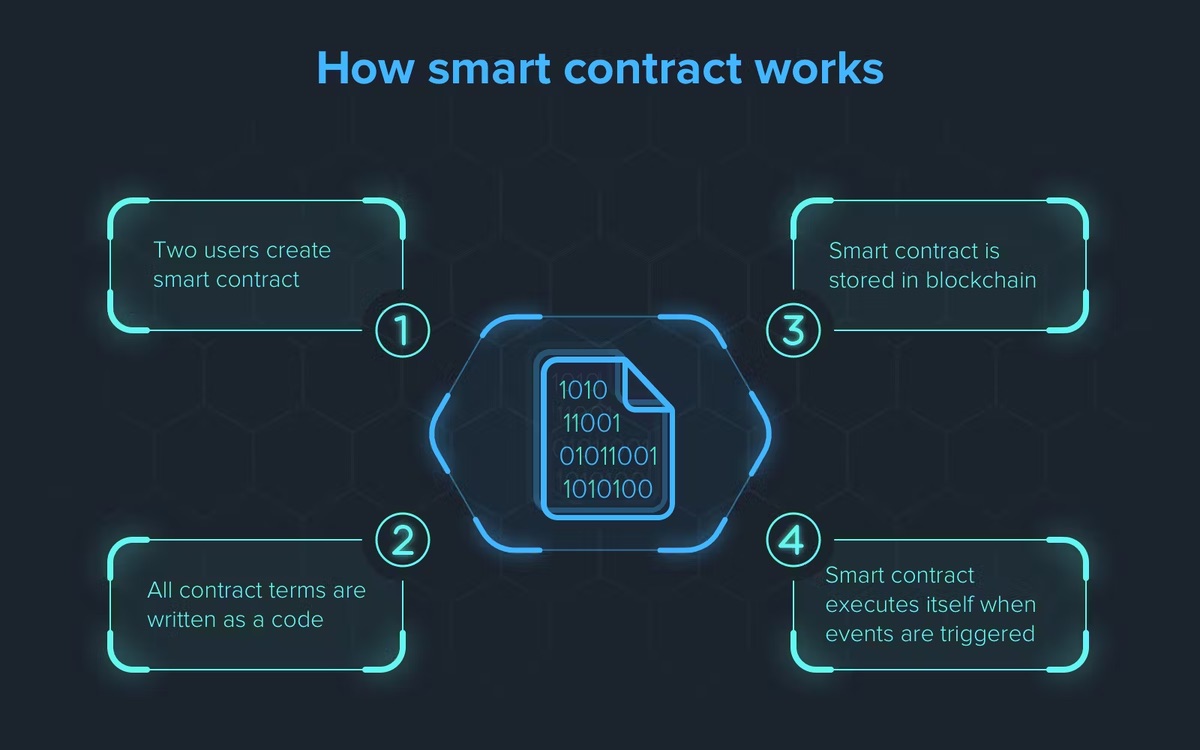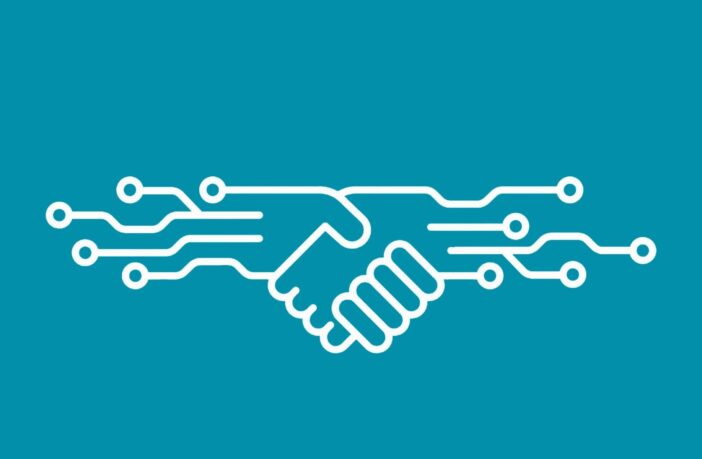How smart contracts can simplify trading and increase security
Expert Chaslau Koniukh explains how smart contracts act as digital agreements to ensure security and automation. They are based on blockchain or transaction protocols. Using this technology allows users to exchange assets without involving intermediaries. This approach reduces costs and increases the privacy of data.
First and foremost, a smart contract is an agreement between parties to work together. The code created using blockchain is used to ensure transaction security and transparency. The technology makes it possible to create a programme with a set of conditions. These are automatically activated when the parties comply with the pre-defined rules or requirements.
This approach’s key objective is to guarantee that transactions are secure and highly protected without intermediaries. Smart contracts are often used on the Ethereum blockchain to simplify trading operations.
How to automate a digital contract: insights from expert Chaslau Koniukh
The automatic fulfilment of terms and conditions in smart contracts is possible through performing a series of actions:
1. The parties accept the transaction terms and conditions. Before creating a smart contract, it is necessary to highlight the key points where the programme is activated. The parties make a specific list and then accept the agreement. For example, payment will automatically go to the seller’s account after the goods are delivered.
2. Create the code. The second step is coding, which, in most cases, uses the Solidity programming language. Here, it is important to interpret the agreement’s clauses in programming code.

3. Deployment is the process of uploading the contract to the blockchain ecosystem. The code is uploaded onto the platform and becomes one of its elements. The contract is now in a decentralised network that is impossible to change or delete. This provides transparency and protection against breach of contract.
4. Activation. Activation takes place automatically when the parties fulfil the previously outlined conditions. The contract verifies compliance with the agreement and only then becomes activated.
5. Automatic compliance. At this stage, the parties automatically fulfill the terms of the deal, and intermediaries such as banks do not need to intervene.
6. Closing the deal. After automatic fulfillment, the parties consider the transaction completed. They record the results in the blockchain, which makes them immutable.
This is important to know
Chaslau Koniukh notes that smart contracts are quite versatile. They can find applications in various fields, such as finance or the legal sector. The main advantage of this technology is the ability to reduce costs by eliminating the need for intermediaries. For example, the seller and the buyer do not have to pay a transaction fee to the bank.




